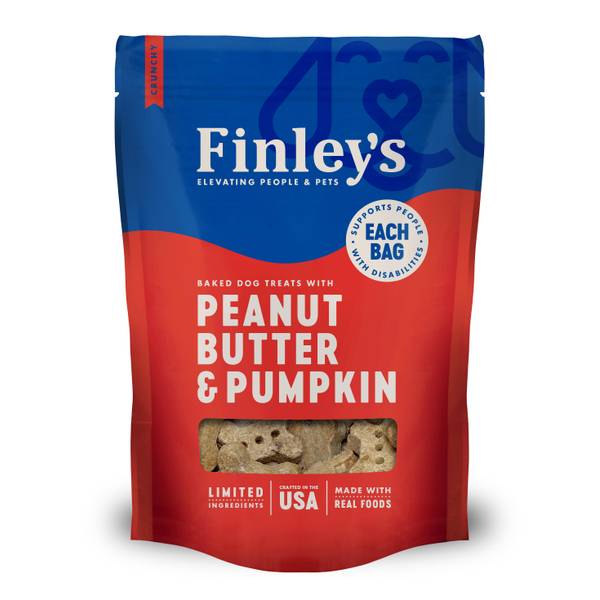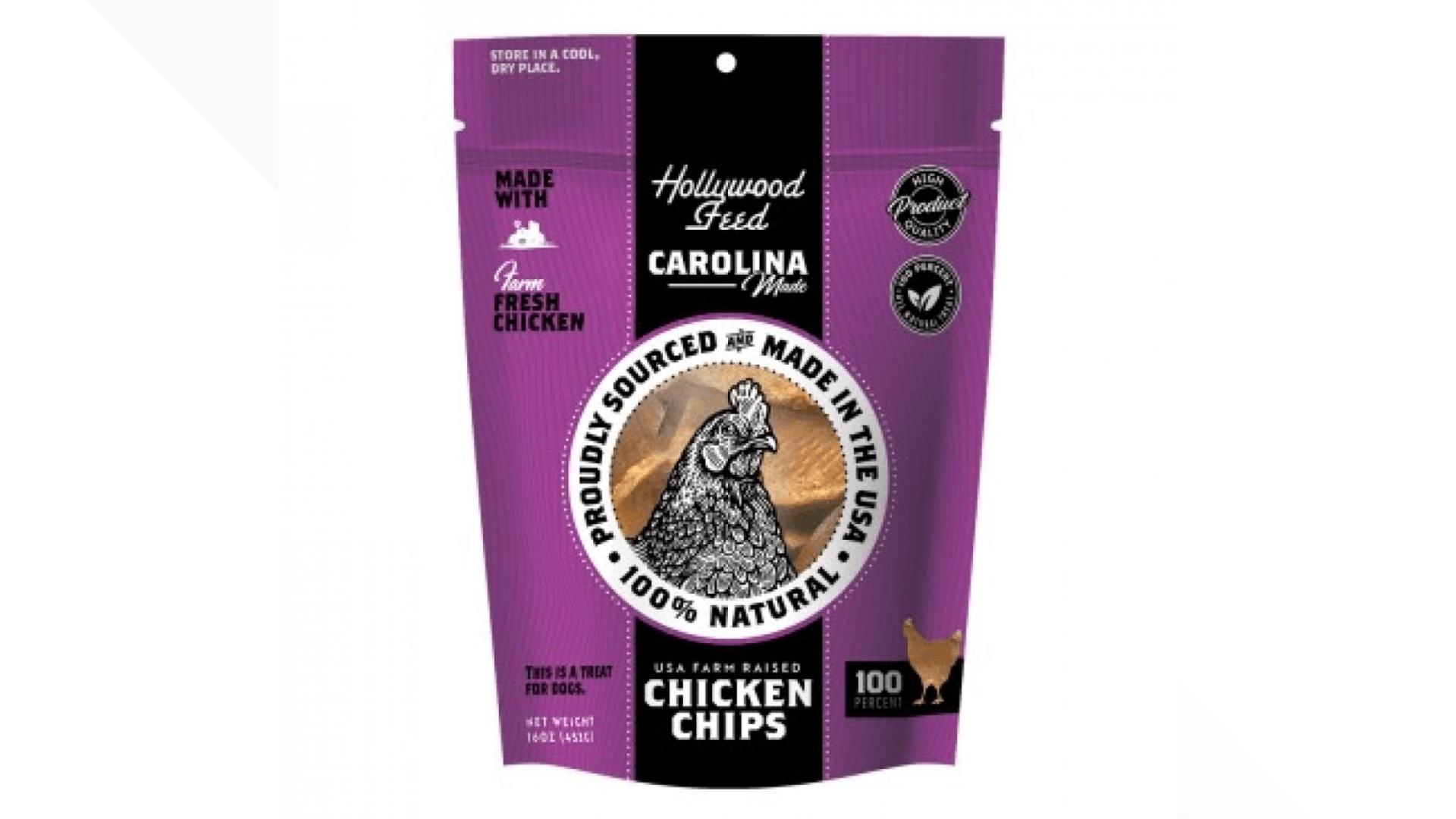Dog Treat Recall Alert: Potential Metal & Salmonella Risks!
Is your furry friends favorite treat safe? Recent recalls of dog treats across the United States highlight the critical importance of consumer vigilance in ensuring pet food safety.
The pet food industry, a market valued in the billions, constantly faces scrutiny regarding product safety. News outlets and social media are currently buzzing with the repercussions of a recent wave of recalls. These recalls, issued by the Food and Drug Administration (FDA), affect various brands and products, raising concerns about contamination and the potential health risks for our canine companions. The primary issues involve potential contamination with metal objects and the presence of Salmonella, both of which pose serious health threats.
| Recall Details | Details |
|---|---|
| Product Name | Carolina Made Chicken Chips Dog Treats, Beg & Barker Chicken Breast Strips, Various Pig Ear Treats, and others |
| Reason for Recall | Potential metal contamination and/or Salmonella contamination. |
| Affected Products | Specific lot numbers and expiration dates vary by brand. See FDA announcements for details. |
| States Affected | 16-19 states, including but not limited to: Alabama, Florida, Georgia, Ohio, Texas, and others. Sold in Hollywood Feed stores and online. |
| Brands Involved | Carolina Prime Pet, Inc., Finley's, Lennox, Texas Tripe, and others. |
| FDA Action | Issued Class I recalls, the agency's most serious risk level. |
| Where to Buy | Distributed to Hollywood Feed stores in 19 U.S. states and sold online at www.hollywoodfeed.com, as well as other retailers depending on the brand. |
| Date of Announcements | Various dates in 2019 and 2024, with updates ongoing. |
| Consequences of Exposure | Metal contamination can cause injury. Salmonella can cause vomiting, diarrhea, fever, and in severe cases, death. |
| Recommended Action | Check product labels and lot numbers. Do not feed recalled products to pets. Contact the manufacturer or your veterinarian if your pet has consumed a recalled product. |
The FDA's role in monitoring and regulating pet food is crucial. The agencys stringent standards are intended to protect the health of animals. When a product is found to be unsafe, the FDA issues recalls to remove the product from the market and inform consumers. The severity of a recall is classified based on the potential risk to the animal. Class I recalls are the most serious, indicating a reasonable probability that exposure to the product will cause serious adverse health consequences or death.
The recall of Carolina Made Chicken Chips dog treats, for example, involved over 3,500 bags. This recall was initiated due to potential Salmonella contamination. Similarly, the recall of various pig ear treats, a popular choice among dog owners, was prompted by concerns about potential contamination with metal objects. These incidents underline the importance of rigorous quality control measures throughout the manufacturing and distribution processes.
The implications of these recalls extend beyond the immediate health risks. They have significant economic consequences for the companies involved, affecting consumer trust and brand reputation. Furthermore, recalls underscore the importance of transparency and communication within the pet food industry. Consumers need to be informed promptly and accurately when issues arise, enabling them to make informed decisions about their pets' health and well-being.
Consumers can find detailed information about product recalls on the FDA website and the websites of the specific manufacturers. These sites provide crucial information such as affected product names, lot numbers, expiration dates, and instructions on how to proceed if you have purchased a recalled product. Checking these resources regularly helps pet owners stay informed and proactive in safeguarding their pets' health.
The recalls also highlight the importance of choosing reputable pet food brands. Researching a brand's history, production practices, and any previous recall incidents can inform your purchasing decisions. Reading product reviews from other pet owners can also provide valuable insights into a brand's reliability and quality.
Another brand, Finley's Barkery, a dog treat company, is also being discussed in the context of recalls and potential contamination. While not directly named in the recent recalls, the increased awareness about pet food safety underscores the company's commitment to quality. Companies like Finley's often emphasize their use of natural ingredients and rigorous quality control processes to maintain consumer trust and ensure the safety of their products. The brand's commitment to being feel good, do good and donating a portion of its profits further emphasizes the need for a trusted brand.
In addition to the recent recalls, the pet food industry has seen other incidents in recent years. Recalls of pig ear dog treats, for example, have been a recurring issue. These incidents often involve Salmonella contamination, which can pose a serious risk to dogs. In other cases, recalls have been related to the presence of foreign objects or other contaminants. These recurring issues indicate the complexity of maintaining consistent quality control across the vast pet food supply chain.
The recalls also extend to other types of pet food, including frozen raw food. Thorgersen Family Farm, for example, issued a recall for dog food due to potential contamination. These recalls underscore the need for consumers to be vigilant about all types of pet food and treats, regardless of the format or ingredient list.
The FDA and other regulatory agencies play a critical role in monitoring the pet food industry. Their efforts include conducting inspections, reviewing product formulations, and investigating complaints. However, consumer awareness remains crucial. By staying informed and taking proactive steps to protect their pets, consumers can help minimize the risks associated with potentially unsafe pet food products.
Tips for Pet Owners
- Check Labels Carefully: Always read the ingredient list and look for any potential allergens or ingredients your dog might be sensitive to.
- Review Lot Numbers and Expiration Dates: Ensure the product is not part of a recalled batch.
- Buy from Reputable Sources: Purchase pet food from trusted retailers with a good reputation.
- Store Food Properly: Keep pet food in a cool, dry place, away from pests and other potential contaminants.
- Monitor Your Pet: Watch for any signs of illness, such as vomiting, diarrhea, or lethargy. If you notice any unusual symptoms, contact your veterinarian immediately.
- Stay Informed: Regularly check the FDA website and other reliable sources for information on pet food recalls.
The recall announcements highlight that even brands that focus on natural ingredients and short ingredient lists can be affected. This shows that the manufacturing and distribution processes are crucial, and consistent monitoring is essential for all brands.
In conclusion, the recent dog treat recalls serve as a stark reminder of the importance of consumer vigilance in the pet food industry. By staying informed about recalls, choosing reputable brands, and taking proactive steps to ensure the safety of their pets food, dog owners can protect their furry friends from potential health risks. The FDA and other regulatory bodies will continue to play a crucial role in monitoring the industry, but consumer awareness and responsible pet ownership are the best defenses against unsafe pet food products.


